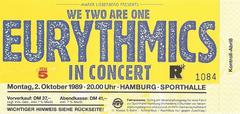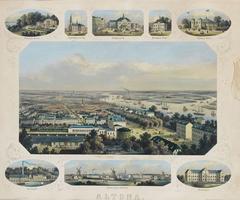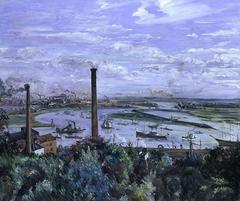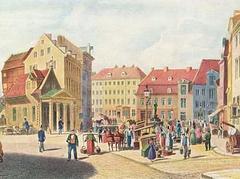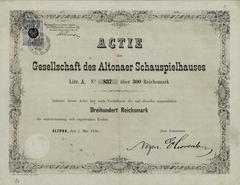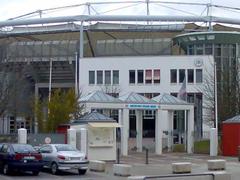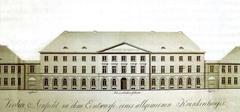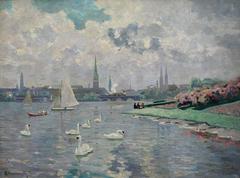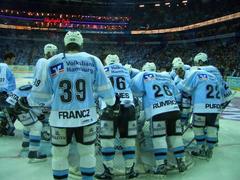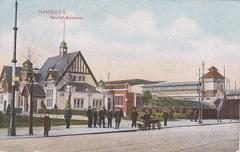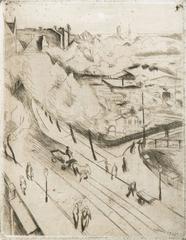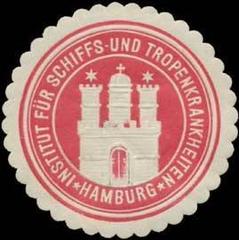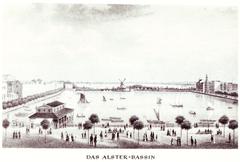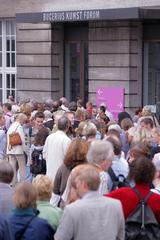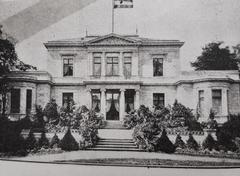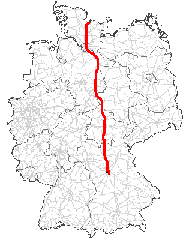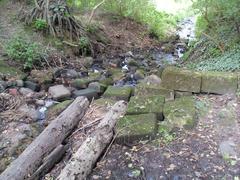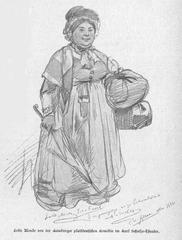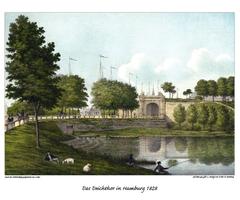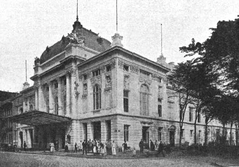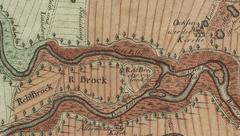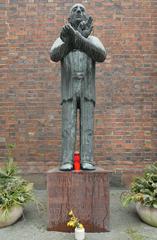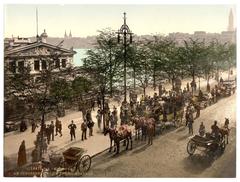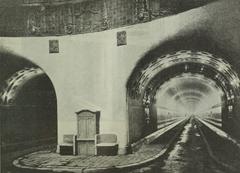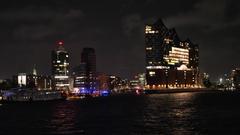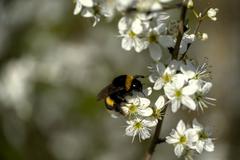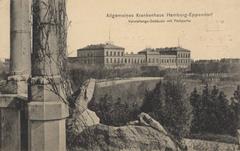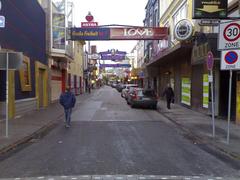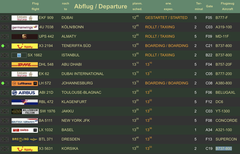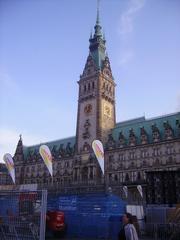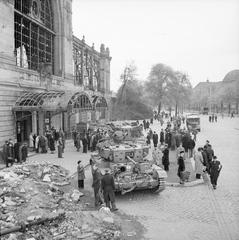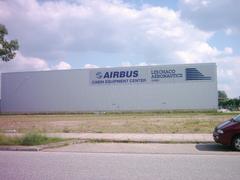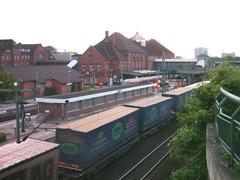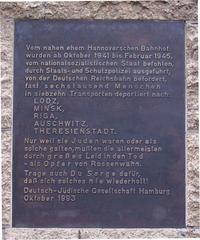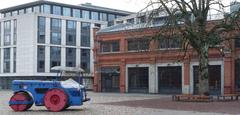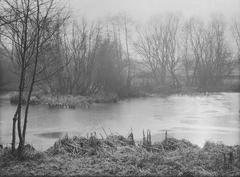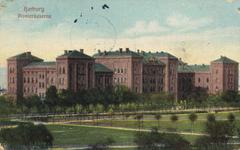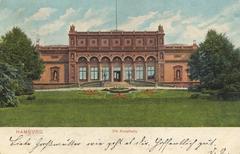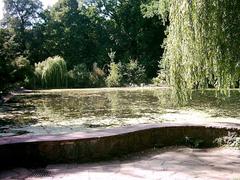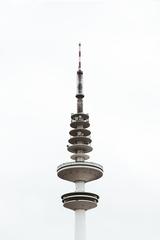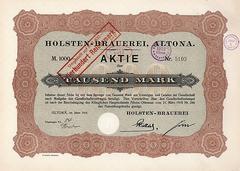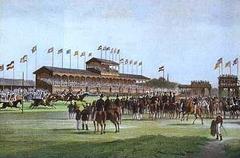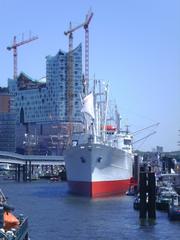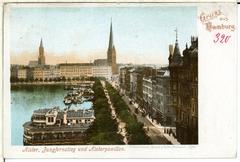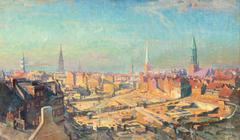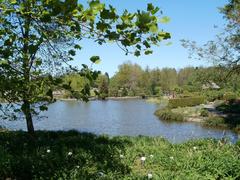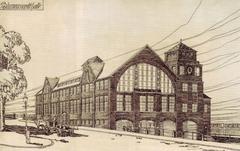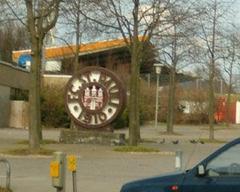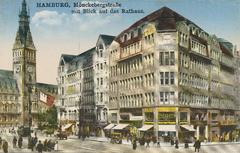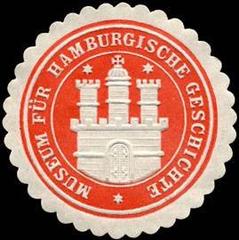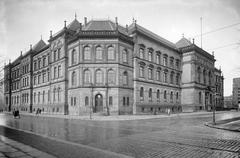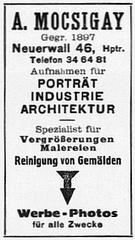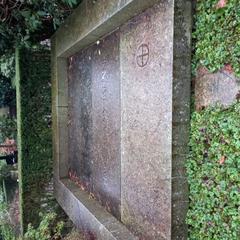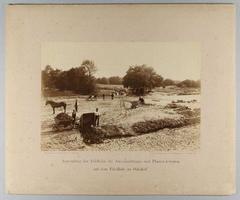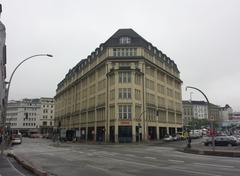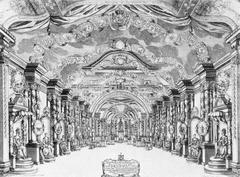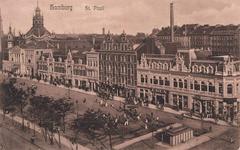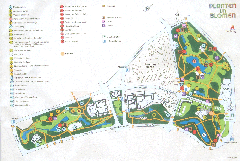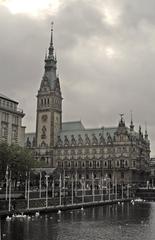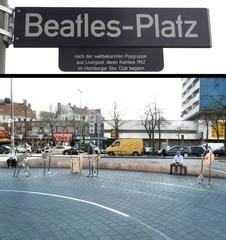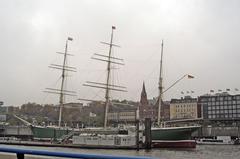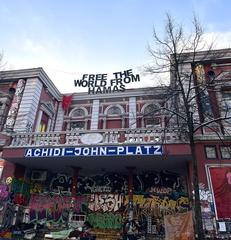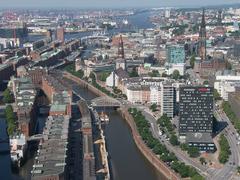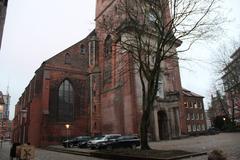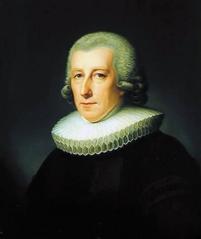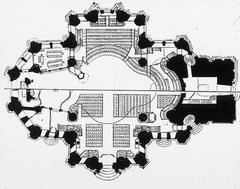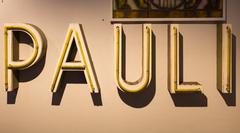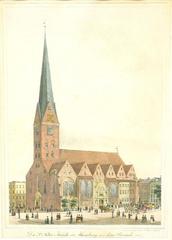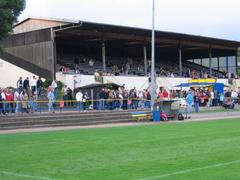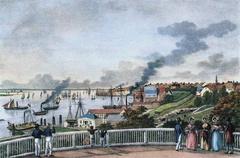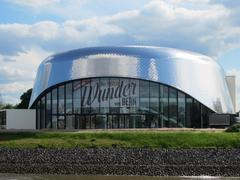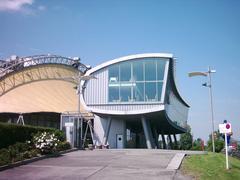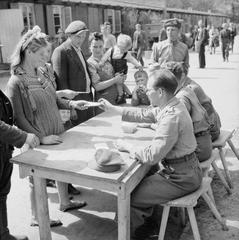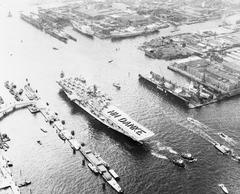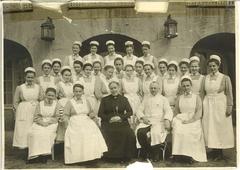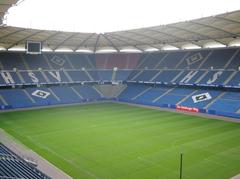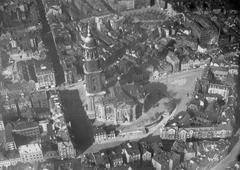Rondeelkanal Hamburg: Comprehensive Guide to Visiting Hours, Tickets, and Historical Sites
Date: 04/07/2025
Introduction
Hamburg’s Rondeelkanal, gracefully weaving through the fashionable districts of Eppendorf and Winterhude, stands as a testament to the city’s remarkable blend of history, nature, and urban innovation. This scenic canal, roughly 400 meters long, is more than just a waterway—it represents Hamburg’s commitment to sustainable urbanism, ecological diversity, and cultural vibrancy. Whether you are a history buff, outdoor enthusiast, or a traveler seeking an authentic local experience, this guide details everything you need to plan your visit: from historical context and visitor amenities to travel tips and nearby attractions (Hamburg History Facts; RouteYou).
Table of Contents
- Introduction
- Historical Background of Rondeelkanal
- Geographical Setting and Visitor Information
- Surrounding Attractions and Amenities
- Frequently Asked Questions (FAQ)
- Conclusion and Visit Recommendations
- References and Official Links
Historical Background of Rondeelkanal
Origins and Urban Development
Developed during the 19th-century expansion of Hamburg, Rondeelkanal was designed to drain marshlands, elevate sanitation standards, and enhance the allure of Eppendorf for the city’s middle and upper classes. The canal’s name, “Rondeel,” reflects its rounded contours, harmonizing with the elegant street and villa layouts that characterize the area (Hamburg History Facts).
Role in Hamburg’s Waterway Network
Hamburg is renowned for its intricate system of rivers, lakes, and canals—boasting more bridges than Venice and Amsterdam combined. Rondeelkanal, a tributary of the Alster River, plays a vital role in flood regulation and ecological connectivity. Its construction mirrored ideals of the garden city movement, integrating green corridors into urban life (EasyTravel4U: Eppendorf).
Architectural and Social Significance
The canal is lined with Wilhelminian-era villas and ornate apartment buildings, many dating to Hamburg’s industrial boom. Today, it remains a focal point for recreation—boating, walking, cycling, and community events—supported by Germany’s oldest canoe club. The banks offer splendid opportunities for photography and peaceful retreat (EasyTravel4U: Eppendorf).
Preservation and Modern Use
Conservation efforts keep Rondeelkanal’s waters clean and its habitats healthy. The canal is included in local green network plans, promoting biodiversity and climate adaptation. Guided tours and boat excursions offer deeper insight into its ecological and historical importance (Passports and Preemies).
Geographical Setting and Visitor Information
Location and Accessibility
Situated north of Hamburg’s city center, Rondeelkanal connects Rondeelteich in the north to the Außenalster lake, running parallel to Bellevue street and intersecting with Goldbekkanal. It’s easily accessible via U-Bahn (Kellinghusenstraße, Eppendorfer Baum, Hudtwalckerstraße) and multiple bus routes. Cycling paths and pedestrian walkways make it convenient for all visitors (Time Out Hamburg; komoot.com).
Physical Characteristics
The canal is 10–20 meters wide, bordered by mature trees and landscaped gardens. Its calm waters are regulated by locks, ensuring year-round navigability for small boats and canoes (Destination Abroad).
Visiting Hours and Tickets
Rondeelkanal is a public space with free, year-round access. There are no set visiting hours or entrance fees. Daytime visits are recommended for safety and enjoyment. Boat rentals and guided tours operate seasonally, typically May through September—check with local providers for details (hamburg.de).
Accessibility
Paved paths along the canal are wheelchair- and stroller-friendly. U-Bahn stations and bus stops nearby offer step-free access. Some boat rental stations provide adapted equipment—advance inquiry is suggested (hamburg.de).
Recreational Activities and Unique Experiences
Popular activities include kayaking, canoeing, jogging, cycling, wildlife observation, and picnicking. The canal banks are especially scenic in spring and autumn. Nearby, Germany’s oldest canoe club offers events and training sessions (komoot.com).
Guided Tours and Special Events
Rondeelkanal is featured in various city walking and boat tours. Local events such as the Eppendorfer Landstrasse Street Festival and the Alster canoe regatta bring additional vibrancy to the area. For schedules, check tourism websites or local event calendars (Mit Vergnügen Hamburg).
Surrounding Attractions and Amenities
Eppendorf and Winterhude offer a blend of cultural sites, boutique shops, cafes, and weekly markets. The nearby Alster lakes, Stadtpark, and Hamburg’s historic Speicherstadt and HafenCity districts round out the experience. Accommodation options range from boutique hotels to guesthouses (EasyTravel4U: Eppendorf).
Frequently Asked Questions (FAQs)
Q: Are there entrance fees or ticket requirements for Rondeelkanal?
A: No, the canal is open-access and free year-round.
Q: What are the best times to visit?
A: Late spring through early autumn offers pleasant weather. Early mornings and weekdays are quieter.
Q: Are boats and kayaks available for rent?
A: Yes, several local companies provide rentals and guided tours from May to September.
Q: Is the area accessible for people with disabilities?
A: Yes, paved paths and public transport access. Some boat rentals offer adapted equipment.
Q: Can I swim in the Rondeelkanal?
A: Swimming is not permitted due to boat traffic and private property boundaries.
Q: Are guided tours available?
A: Yes, walking and boat tours often include the canal; check with local operators.
Local Culture and Sustainability
Rondeelkanal exemplifies Hamburg’s integration of water into daily life, with residents and visitors alike enjoying boating, cycling, and outdoor events. The area is defined by its historic villas, lush gardens, and a commitment to environmental stewardship—regular maintenance ensures water quality and biodiversity. Sustainable travel is encouraged: use public transport, cycle, and avoid single-use plastics. Quiet enjoyment and respect for private property are expected (wander-lush.org; hamburg.de).
Safety and Regulations
- Swimming: Not permitted.
- Boating: Motorboats are restricted; follow navigation rules.
- Fishing: Allowed with a license; species include eel, perch, pike, and carp (de.wikipedia.org).
- Noise: Maintain a peaceful atmosphere.
Visuals and Media
Enhance your visit with interactive maps and virtual tours available on platforms like komoot.com. Use alt tags such as “Rondeelkanal Hamburg scenic view” and “Boating on Rondeelkanal” for images.
Conclusion and Visit Recommendations
Rondeelkanal is a hidden gem in Hamburg’s urban landscape, offering historical charm, ecological value, and recreational opportunities. With free access, excellent transport connections, and nearby attractions, it’s ideal for both locals and tourists seeking tranquility and cultural depth. For the best experience, plan your visit during spring or autumn, explore by foot or boat, and take time to enjoy the surrounding neighborhoods.
For updates on events, tours, and visitor resources, download the Audiala app and follow our social media channels.
References and Official Links
- Hamburg History Facts
- RouteYou
- Infra-Structures
- HIAS Hamburg
- Passports and Preemies
- Hamburg.de
- EasyTravel4U: Eppendorf
- Hamburg.com
- ExploreCity
- komoot.com
- de.wikipedia.org
- wander-lush.org
- Mit Vergnügen Hamburg
- Destination Abroad
